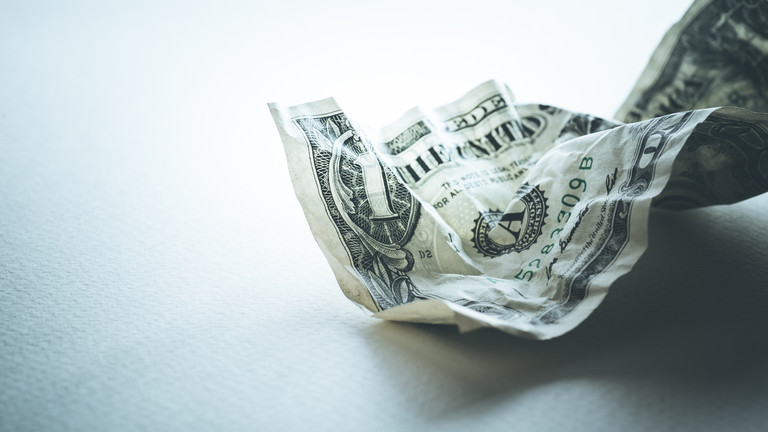Mohsen Karimi referred to the CBI governor’s remarks on the first monetary agreement between Iran and Russia and the connection of Russia’s “Mir” card network to Iran’s “Shetab” network, starting from the first week of September.
Karimi stated that four significant and strategic actions were on the agenda of the two countries’ central banks. Two of these actions, establishing correspondent relations in national currencies and connecting the two countries’ banking messaging infrastructures, had already been completed, enabling all Iranian and Russian banks to send standard banking messages to each other.
The Deputy for International Affairs of the CBI added that these two actions have been finalized and will be operational in the coming weeks. This means that Iranian and Russian travelers can use their bank cards in both ATMs and point-of-sale terminals in both countries.
Karimi elaborated on the recent monetary agreement between Iran and Russia, stating that the agreement involves a liquidity swap line between the two central banks. This approach is aimed at de-dollarization and reducing sanction risks. In other words, it renders each country’s national currency immune to sanctions.
